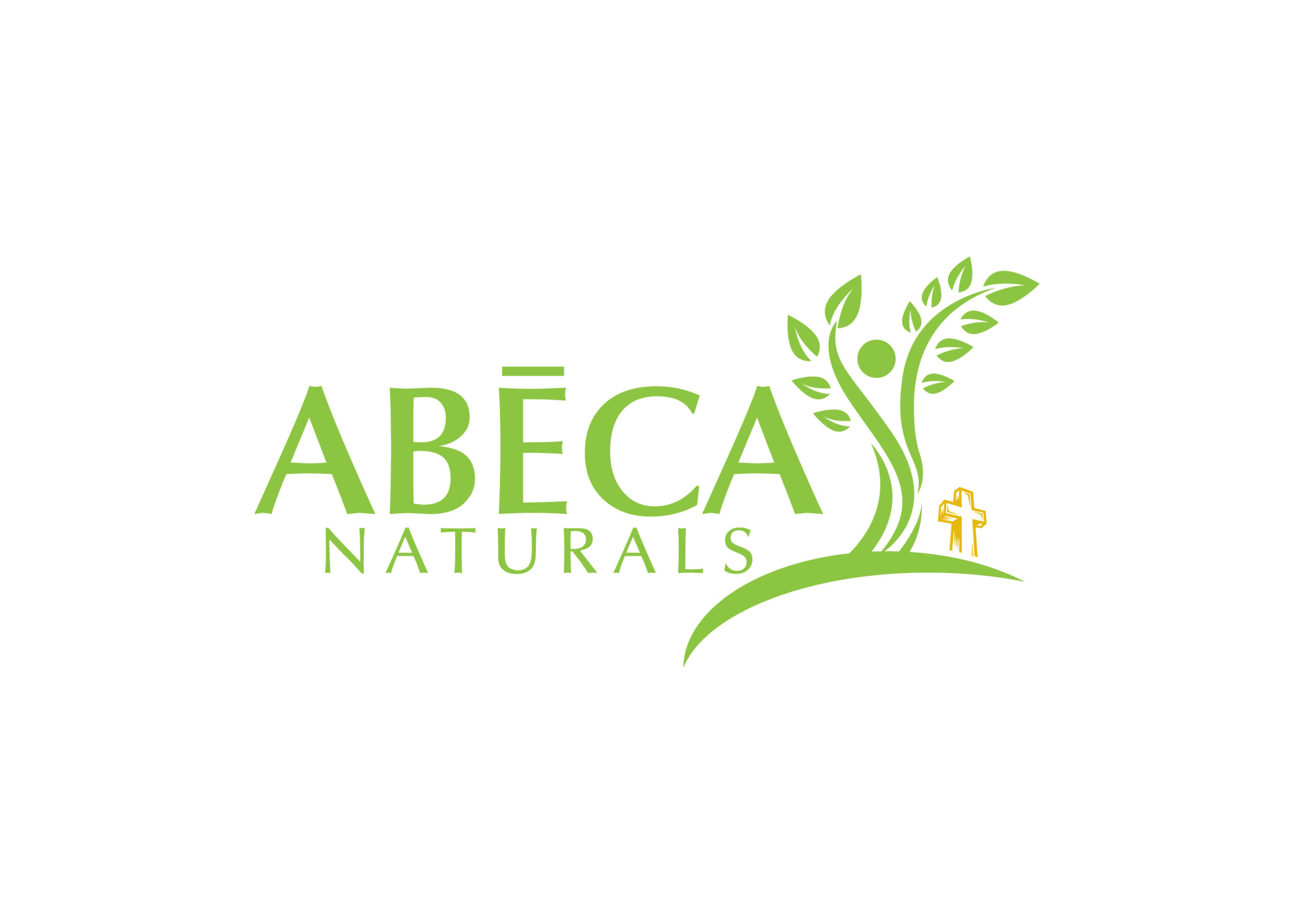In a world where health supplement suggestions are as common as fashion advice (albeit much more unsolicited), there’s no doubt that you’ve heard of over a dozen herbs by now that might hold the magic fix-all to your stubborn belly fat, unhinged anxiety, or even that chronic IBS issue that doctors swore you’d never overcome. It seems as herbal medicine becomes more popular in mainstream culture, we are at a constant point of fact-checking and using our best judgement to decide which herb might be right for us on our health journey.
A lot of people don’t know where to start when they find interest in herbal medicine; so as an herbalist, my first job is to educate. My second job is to help you decide which herb (or signature blend) might be best for you and your unique health situation.
My first piece of advice will always be “Start with an adaptogen.”
There are about two dozen solid classifications of types of herbs: alteratives, bitters, carminatives, etc., and adaptogens can be considered as the Holy Grail of these categories.
Adaptogens provide benefit for the entire body, from your bone marrow to your blood pressure. They have a nonspecific state of resistance to stress, which means adaptogens help your whole body manage stress better and more effectively, and their major effects aren’t limited to a single organ or system. Stress here doesn’t have to mean mental stress – but physical stress as well. Any physiological stress on your body is going to be better tolerated with the help of an adaptogen.
Adaptogens are the herb you’re looking at for overall health and vitality, so that’s why I always start every newcomer on one immediately. I generally work with a single adaptogen, but I also like to pair them up sometimes. Additionally, I’ll add a nervine for added nervous system support – but let’s not jump too far ahead.
How is an adaptogen defined or classified?
There are three pieces of criteria that an herb must meet to be called an adaptogen, per the scientist who originally coined the term in the 1940s. These days, the word adaptogen is used by the FDA to describe particular supplements, and adaptogens are also recognized in the US National Library of Medicine. (Side note: as an herbalist, it is such a treat to see herbal medicine slowly but surely become more ‘popular’ in western culture and governmental agencies!)
When an herb meets the following three pieces of criteria, it is set apart from other herbs in its ability to affect the entire body in a normalizing fashion. The three things scientists look for to classify an herb as an adaptogen are:
- The herb must be nontoxic to the recipient in normal therapeutic doses
- It must produce a nonspecific state of resistance to stress
- It has a normalizing influence on physiology, irrespective of the direction of change needed.
Well researched adaptogens include the Ginsengs, Ashwagandha, and Schisandra berries. (Also on this list is Rhodiola, which we detailed in another blog.) While all adaptogens meet the same criteria for qualifying as such, each adaptogen is different in how it works in the body.
Ashwagandha is my go-to for dealing with people with hormone imbalances, since studies show it’s a good herb for increasing testosterone in men and decreasing menopause symptoms in women.
Rhodiola is one of my favorites for fighting fatigue and seasonal depression, and I see a lot of success with using Asian Ginseng in the elderly to help with cognitive support as they grow older.
An adaptogen is a great place to start if you’re new to herbal medicine. As you grow in your holistic health journey, you will begin to recognize areas of your life – mind body and soul – that need attention, and that is when incorporating more herbs and lifestyle changes makes sense in addition to a staple adaptogen. It is also worth noting that I like to change up which adaptogens I work with in clients, as they progress on their healing journey. There is always ‘an herb for that,’ and that herb changes as we change too!
Whether you are brand new to holistic health or if you are seeking the right adaptogen for your current season of life, we are here to help. And that help starts with a good adaptogen – alongside some really good news…. 😎 ✝️




